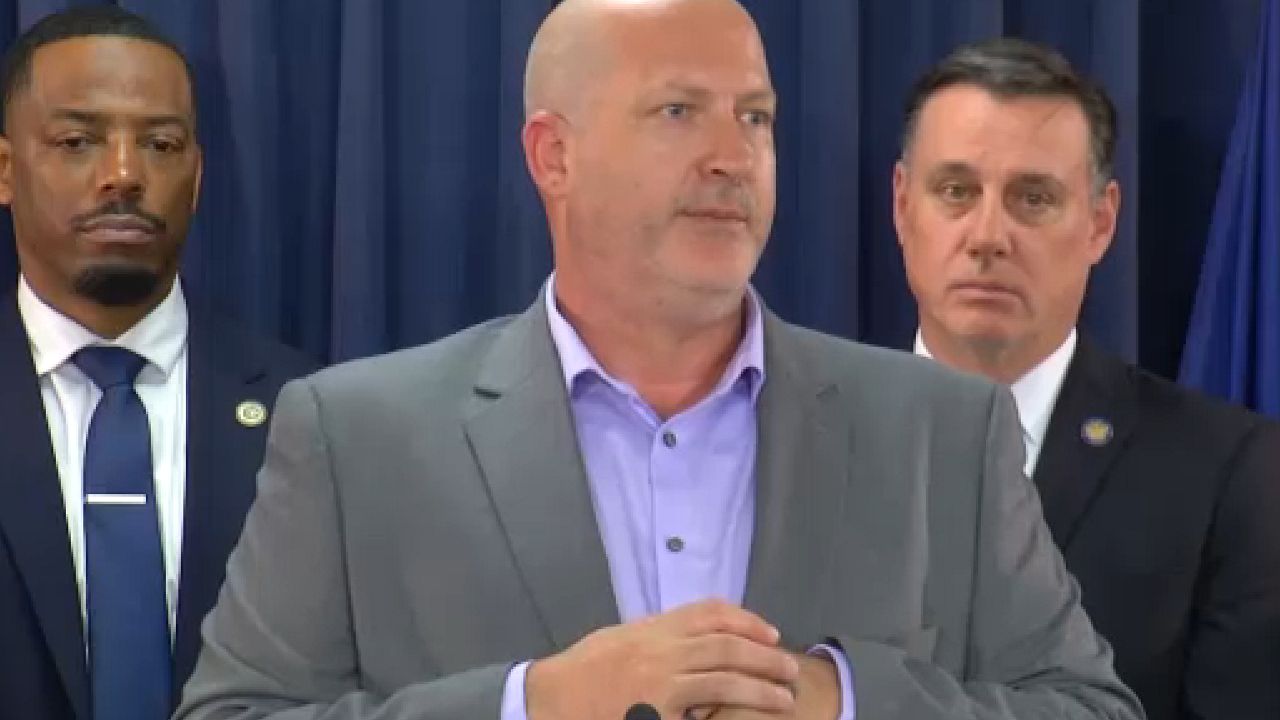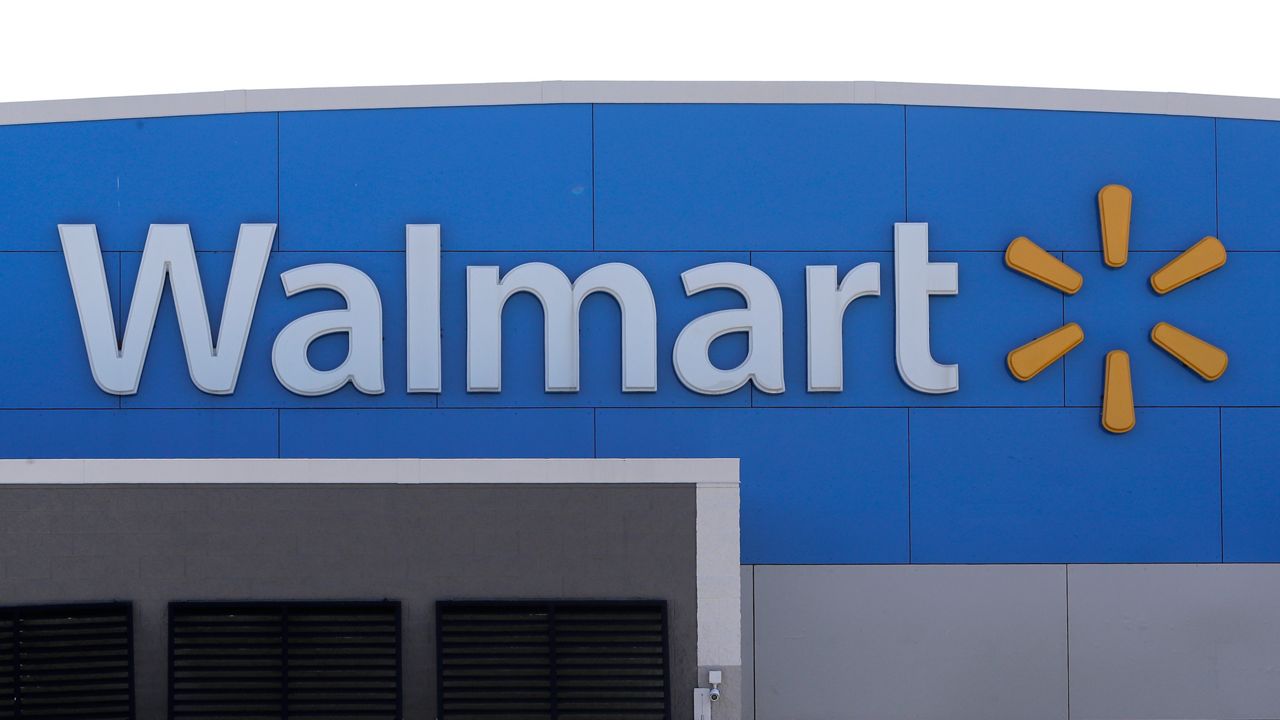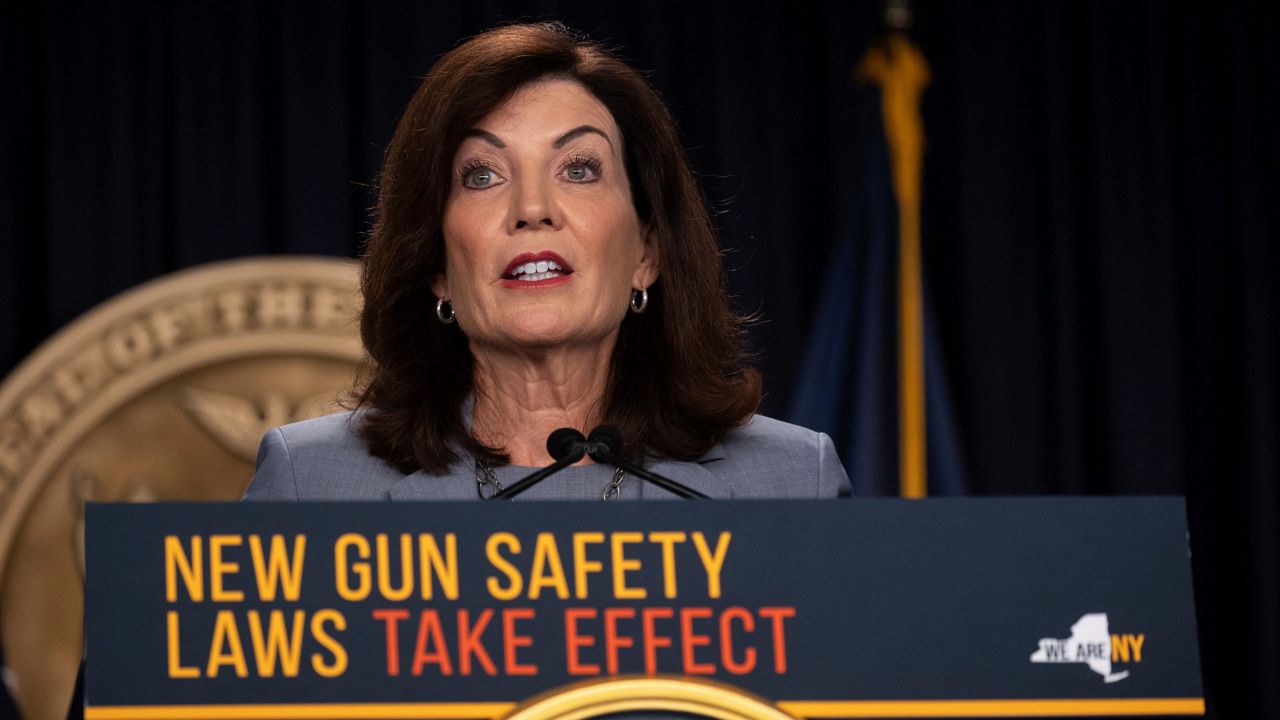The New York State Department of Corrections and Community Supervision (DOCCS) implemented a new Vendor Package Program to crack down on contraband in correctional facilities. This has caused some backlash from the family and friends of incarcerated New Yorkers, who are concerned their loved ones won't get the items they need.
On Tuesday afternoon, advocates demanded an end to what they called cruel package bans at rallies held in Buffalo, Westchester and Syracuse, on Long Island, outside Gov. Kathy Hochul’s office in Manhattan and at Albany's West Capitol Park.
Under a new policy, DOCCS isn't allowing friends and family to deliver packages in person during prison visits.
What You Need To Know
- Advocates, friends and family members of incarcerated New Yorkers rallied across the state to protest new package restrictions
- They fear their loved ones will not have access to the food items they need
- DOCCS said the new rules are already working to crack down on contraband
Selena Bronson of Schenectady attended the rally in Albany.
"My husband, he has diabetes and high blood pressure, and when I was able to bring the care packages, it's a lifeline for him," said Bronson.
While the rule won’t stop prisoners from getting items that can be ordered online, it will make it much harder to access foods like fresh vegetables and fruits.
Michael Capers said he survived off the food packages his family delivered monthly.
"I did 12 years in prison from 16 to 28 and while in prison, I found out that I had high blood pressure and I found out that it was genetic. Both my father and my uncle both died of massive heart attacks," said Capers. "I realized if I didn't want the same outcome, I had to do something different. So I became vegetarian."
He fears the people he knows in prison will be priced out of making healthy choices.
"One tomato is a $1.50 in the Fishkill Correctional Facility right now on commissary, and that's if they have them because they go out of stock often. So I just want them to be able to have the same ability that I had, the same agency to define their future and their health," said Capers.
According to DOCCS, 290 packages in 2019 were found to contain contraband. In 2020, that number jumped to 924.
In a statement, DOCCS said, "We have already seen anecdotal evidence that it is working, as fewer packages have contained contraband since the program's implementation. At the same time, DOCCS has seen an increase in the number of visitor arrests for attempting to bring contraband into visits with incarcerated individuals."
Capers said this change could have implications that last long after a person has served their time.
"People need to realize that these people are coming home and we need to give them the best tools to be the best them when they come home, and if we don't, we are buying into the cycle repeating itself. So if we want change on the streets, we need to allow people to change on the inside," said Capers.








